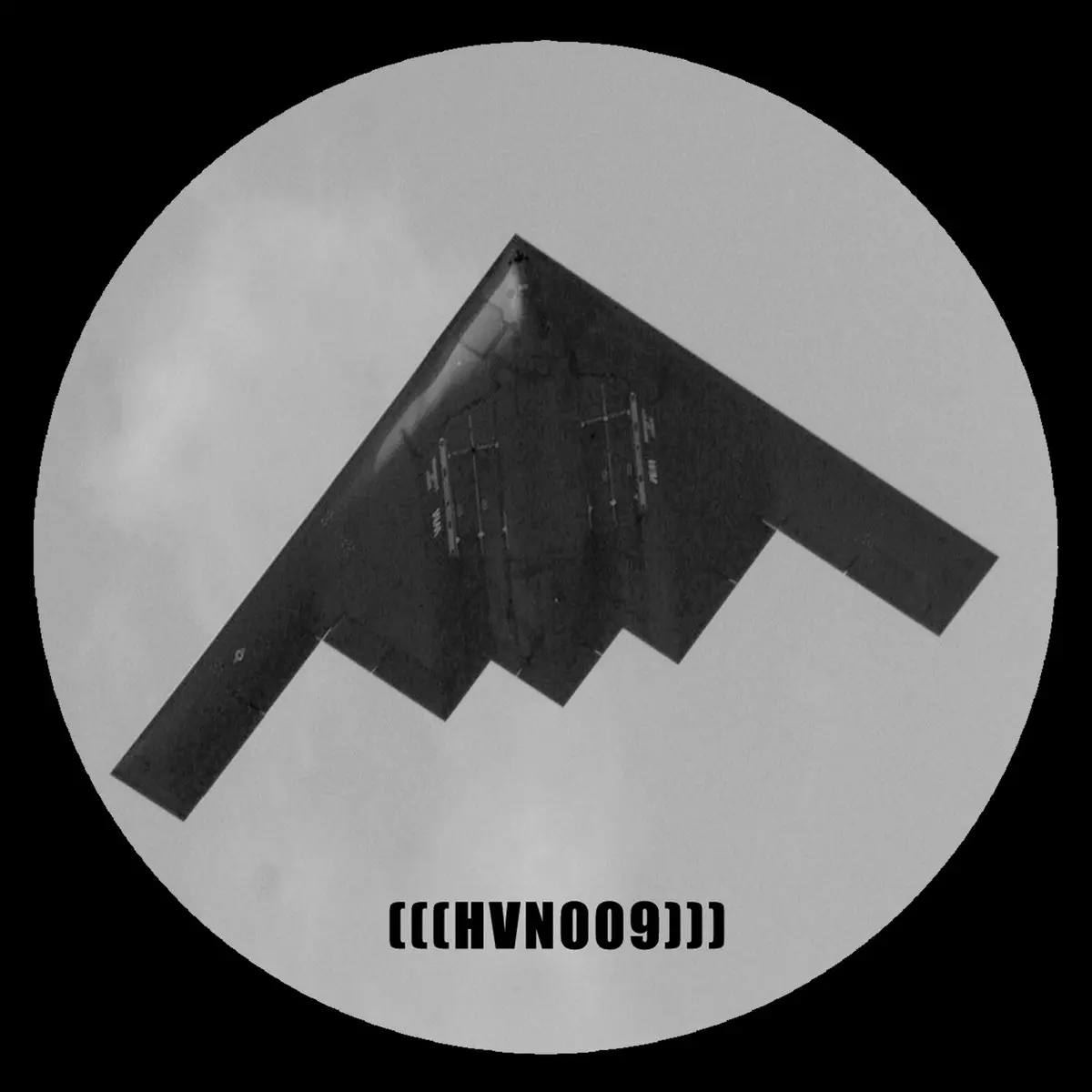This is something that has been bothering me for a while as I’m diving through space articles, documentaries etc. All seem to take our observations for granted, which are based on the data of the entire observable universe (light, waves, radiation…) we receive at our, in comparison, tiny speck. How do we know we are interpreting all this correctly with just the research we’ve done in our own solar system and we’re not completely wrong about everything outside of it?
This never seems to be addressed so maybe I’m having a fundamental flaw in my thought process.
It’s the same way you know the things outside your window are real. You look at the light coming to you from that object and make inferences as best you can. As long as new observations and inferences line up with old observations and inferences, then you can be reasonably confident that your growing model of the outside world is accurate. When something doesn’t add up then you revise your model and keep iterating with new observations.
There’s no difference whether the object appears to be within our solar system or far outside it. We see something and we interpret what we can from the available observations. Occasionally, if something is close enough and interesting enough, we send a robot to orbit the thing or maybe land on it and gather better observations, like how Rosetta/Philae visited a passing comet.
Observation is all we have. There’s no indication that anything outside the solar system is different from the things inside of it. Some stars have a light spectrum very similar to our sun, which implies they are stars in similar places in their life. Others have a light spectrum that is very different.
We can use different parallax angles to determine that some stars are much further away than others. Parallax works the same at 10 miles as it does at 10 light years.
Is there some particular observation you don’t understand?
Voyager 1 has left the solar system and is in interstellar space, it hasn’t reported anything anomalous so far.
Hasn’t hit the wall yet, lol
Or it has, and the data we’re getting has been tampered with.
Well, with that assumption, the tree behind the window might not be real. OP might live in The Matrix and nothing was real.
Has it looped around to the other side of the map yet?
Oh, shit! That’s a possibility!
No fundamental flaw in your thoughts at all. Holding reasonable doubts is a core tenet of the scientific method, if we did not do so, that would prevent us from improving and refining our methods over time. We’d still be using things like Newtonian gravity.
This is, frankly, a very good question.
It’s only when people try to hold unreasonable doubts about very high certainty things here on Earth that people start getting a little irritated. Like, is the thing flat? No, no it is not.
Your doubt is about things that we cannot easily verify though, so is more reasonable.
One other thing to keep in mind, is that scientists communicate with us in narrative form, and say things like “such-and-such galaxy is x far away”, but amongst themselves, generally do not. They’re just treating us like children, and smoothing over the details to make things easy for us. Amongst themselves they just refer to the specific data that has been collected, like, “such-and-such light has x redshift”. No narrative translation. They do not think the way they talk to us.
The answer is predictability. We see things. We don’t know what they are or what they mean. We come up with theories about what they are and how they work. Those theories in turn let us make predictions about other things or behaviours we should see from similar things in the future.
If our predictions are correct, then we know our theories are good at describing what we see, and we thus have improved our understanding of how the universe works. Even if our predictions aren’t correct, we have learnt something.
Rinse and repeat over generations of scientists.
We don’t, fundamentally. All we can do is construct models and see if they match our observations. How do we know the world exists beyond our sensation of it? That could be an illusion too.
The base assumption that we work on is that the universe is the same here as it is there. Same rules, same interactions. We work out what we should be able to see and then go looking for it, so far that has worked.
As an example, we can look at some hydrogen in a lab and see what kinds of light it absorbs, we can then look at the sun and see if it is absorbing the same light, we can then look at another star and see that it two is absorbing the same light. So we can be confident that the hydrogen in our lab is like the hydrogen in the sun, and that the distant star is made of the same stuff as our sun. We can do wlthis with each element. We can look at the motion of planets around the sun, and we can look at the motion of stars around the center of the galaxy and see that they follow the same patterns.
It’s like trying to work out what is going on in the next room by listening, you can get a good idea, but it could be an empty room with a radio.
We kind of don’t?
One of the basic axioms (that is, assumptions) of cosmology and physics is that the rules are the same everywhere. We see a big ball of burning gas in the center of our system. We have observations of other bright lights that appear to also be balls of hot gas. Our continued observations fit with predictions we can make, predictions based on our observations and codification of the rules of physics and chemistry and so on. We assume that all these big balls of gas operate on the same principles.
There’s also a general assumption that the rules don’t change over time. That axiom doesn’t fit with what we can observe about the earliest universe, so there are many theories on why physics seemed to work differently in the very first moments of the universe. Likewise, other observations that don’t quite fit those assumptions have led to ideas like dark energy and various theories of quantum gravity.
If those assumptions were extremely wrong, say the universe outside our solar bubble actually obeys totally different laws, and our observations have been misinterpreted, then we’d have no way to know. We need some observation that contradicts our previous observations in order to formulate new theories on why. It’s similar to a simulation argument: maybe god aliens or time beings or super AI or Satan have engineered a fake universe to trick us, but without some true observation that grounds our theories in the repeatable, it’s pointless to speculate because almost anything could be true. We have to build theories on what is repeatedly observed.
We can directly measure the distance to nearby stars by observing how much they move against the backdrop of distant galaxies as the Earth moves around the sun.
If all stars were the same distance away they would maintain their relative positions like some sort of cosmic wallpaper.
Instead it’s like moving through a forest and seeing near trees block far ones.
There’s no way of knowing if anything we’ve determined via science is “correct,” we’ve just developed a model that is consistent with our observations. There are still plenty of unanswered questions in astronomy.
How do you know the bird in the tree over there is real?
Well you can see it, photons have been emitted from the bird, which are captured by your eyes.
This is fundamentally identical to how we detect objects in deep space, we capture the photons, the neutrinos, the gamma rays, gravitational waves, whatever energetic emission is coming from them, and that’s how we know they exist.
E
In some fundamental way we don’t really know, all you can do is to make a model and then test it as extensively as we can. Then, try to break it and improve it, making it more precise, more general etc. However several things makes that guessing easier
One thing is cosmological principle, ie assumption that laws of physics are basically the same everywhere. One argument that makes this assuption hold better is Noether’s theorem https://en.m.wikipedia.org/wiki/Noether’s_theorem which means that at least some conservation laws are pretty fundamental. We don’t really know if laws of physics were the same in distant past, if they were then maybe there are some other, as of yet not discovered more fundamental laws of physics that hold in both conditions and simplify to what we know today in current conditions
https://en.wikipedia.org/wiki/Cosmological_principle
We don’t, but it’s the simplest explanation that’s consistent with our observations.
If it’s not, then we can’t actually know anything about anything in a very real sense.
A related question is “how do you know that the universe outside your mind is real?”.
You don’t. You can’t disprove solipsism, but the existence of external reality is as consistent and significantly more actionable, so most people choose to follow that belief.There are a few assumptions in scientific pursuits and the Cosmological Principle is a big one
Because we are part of it, and inside of it?
Just passing by to say that I love those kind of questions, because it’s so basic and elementary, yet really mind fucking when you stop to think about it. The answers here are really great.
I absolutely love the answers.











